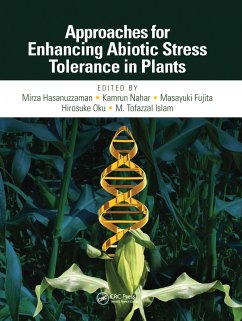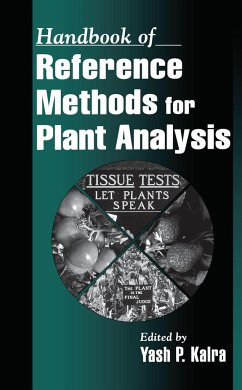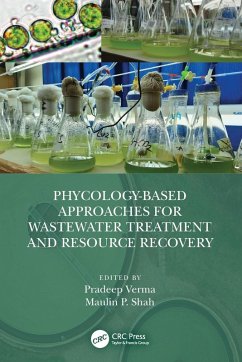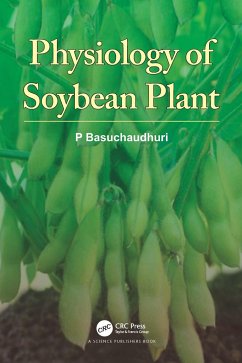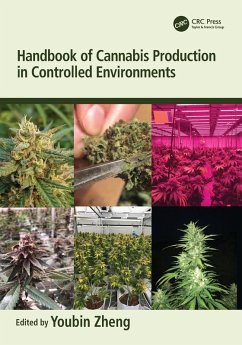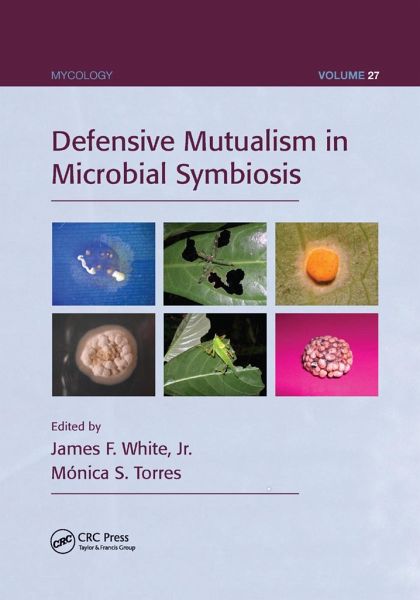
Defensive Mutualism in Microbial Symbiosis
Versandkostenfrei!
Versandfertig in 1-2 Wochen
81,99 €
inkl. MwSt.

PAYBACK Punkte
41 °P sammeln!
The first book to explore the implications of symbiosis defensive compounds in drug and natural product discovery, Defensive Mutualism in Microbial Symbiosis includes basic ecology and biological information on defensive mutualisms, explores how they function, and evaluates how they have evolved. It expands the concept of defensive mutualisms to evaluate defense against environmental abiotic and biotic stresses, and includes chapters on defensive mutualistic associations involving multiple kingdoms of organisms in terrestrial and aquatic ecosystems--plant, animal, fungi, bacteria, and protozoa...
The first book to explore the implications of symbiosis defensive compounds in drug and natural product discovery, Defensive Mutualism in Microbial Symbiosis includes basic ecology and biological information on defensive mutualisms, explores how they function, and evaluates how they have evolved. It expands the concept of defensive mutualisms to evaluate defense against environmental abiotic and biotic stresses, and includes chapters on defensive mutualistic associations involving multiple kingdoms of organisms in terrestrial and aquatic ecosystems--plant, animal, fungi, bacteria, and protozoan.








